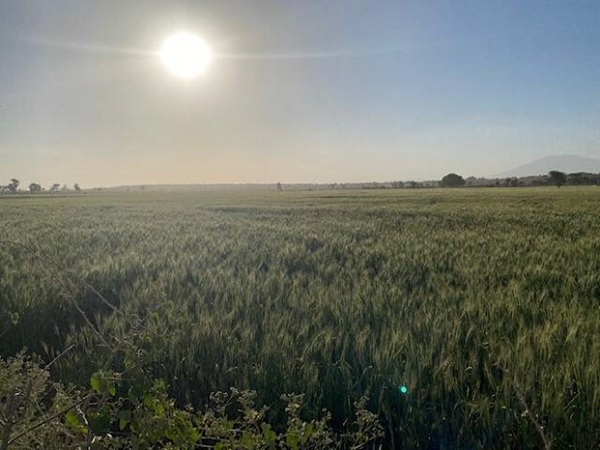
As a backbone of the Ethiopian economy, agriculture is the major livelihood of many citizens. Despite recent developments in the sector, a significant number of people are yet facing food insecurity due to the mismatch between demand and supply. However, the agricultural and rural development policy that was lately introduced by the Ministry of Agriculture (MoA), is believed to address constraints in the sector thereby improving productivity.
Officials expressed that the new policy takes into account of the current situation of the country and facilitates Ethiopia’s journey toward food self-sufficiency as well as increasing export earnings.
For Agriculture Minister, Girma Amente (PhD), the new policy is promising to farmers and pastoralists to boost and retain benefits and keeping the country on track in ensuring improved production and productivity, realizing agricultural commercialization, protecting natural resources, and expanding infrastructure in rural areas.
Similarly, rural land, forest and other natural resources administration, technology and finance provision, proper utilization of water, rural development structural transformation, investment, and inclusiveness are also among the objectives of the new policy, Girma stated.
The new policy also promotes providing adequate finance to the agriculture sector and other rural livelihoods. In relation to this, activities are being done with finance institutions to attract private sectors to boost agricultural production and productivity with high focus on quality.
The Minister believed that the policy will bring agricultural and rural development shift, which is a springboard to realize food security. To this end, Girma’s organization provides support for the expansion of improved seeds in cereals, livestock’s, and the likes. It is also preparing to launch various regulations vital to manage land resource.
Tigray State Agriculture and Natural Resource Bureau Head Eyasu Abriha (PhD) told The Ethiopian Herald that the new policy would assist to maximize production and productivity, improving execution performance, advancing market oriented agriculture, and ensuring environmental sustainability and inclusiveness.
Eyasu added that agricultural transformation requires constructive policy and private sector involvement. Previously, the agriculture policy was merely depending on energy, land, and finance. However, Tigray State is giving due emphasis to water resource management alongside with the aforementioned three resources.
Agriculture requires energies of various renewable sources including electric, wind, solar, and the likes. “If you want to produce more in a small area, the agriculture must be supported by technology and mechanization or semi-commercialized, semi-mechanized methods,” he noted.
The new policy will address financial challenges in agriculture and rural development to provide adequate loan to run businesses. This is crucial to practice intensified irrigation projects in the country. Therefore, the new policy is the exact solution in addressing agricultural challenges thereby boosting production and productivity, according to Eyasu.
The Head believed that the policy maximizes the productivity of sorghum, wheat, teff, maize, sesame, and the likes for creating an enabling environment in promoting the use of improved seeds and modern production approaches.
Dire Dawa City Administration, Agriculture, Water, Mining and Energy Bureau Head, Nuredin Abdela on his part said that the new policy would help to feed the growing market demand for agricultural products. The policy is a crucial step to a rapid agricultural transformation for stipulating technological advancement, market access, and stakeholders’ integration, among others.
Nuredin stated that Dire Dawa has been working on various developmental activities such as fruit production and productivity, green legacy initiative, and the likes to ensure food sovereignty and the new policy is supportive to do so.
BY MESERET BEHAILU
THE ETHIOPIAN HERALD SATURDAY 26 OCTOBER 2024





